Warming up for activities have always been a part of an athletes ritual prior to practices or competition (well, at least that’s what it was supposed to be like). Holding the static stretches, sweating to dynamic flexibility exercises, using self-torture devices like foam rollers, lacrosse balls, and PVC pipes, and even self-slapping techniques (as seen with power lifters and combat athletes), have all been tried, accepted, and used.
As if that wasn’t enough, there’s a fairly newer technique that athletes can attempt to get their bodies amped up for movement, and ready for competition. It’s called CARs, or Controlled Articular Rotations. Adopted from the Functional Range Systems, CARs have been showing some good research behind it. Under this camp, they claim promising outcomes with CARs like:
Improving and maintaining joint health (“joint nutrition”)
Carving out new end ROM
Gaining more usable ROM
Providing more options for movement
Providing better quality info to the brain (input), to allow better overall movement (output)
Better Stuff In --> Better Stuff Out
After practicing these skills for some time, I’ve learned that they do have value. Here are some things I think CARs can offer:
A daily skill that can be implemented throughout the rehabilitation phase of injury
An excellent skill used as a "primer" for movement or activities
A key skill necessary to supplement any warm up routine
A different approach to warming up (focuses on joint health versus soft tissue extensibility like the other movement prep activities)
If you’ve taken a FRC course, then you know what I’m talking about. For those that haven’t gotten the opportunity to get your gluts quivering, shoulders shaking, or brain frustrated trying to control simple looking movements, then please browse through the playlist of videos below to get your first look at your “New School” warm ups!
Thanks for being curious and taking the time to read this! Hope it added value to your life and equips you to become better than you were yesterday!
Dr. Joe Jaime, DC, DACBSP®, ATC, CSCS®, FRC®ms, CES



